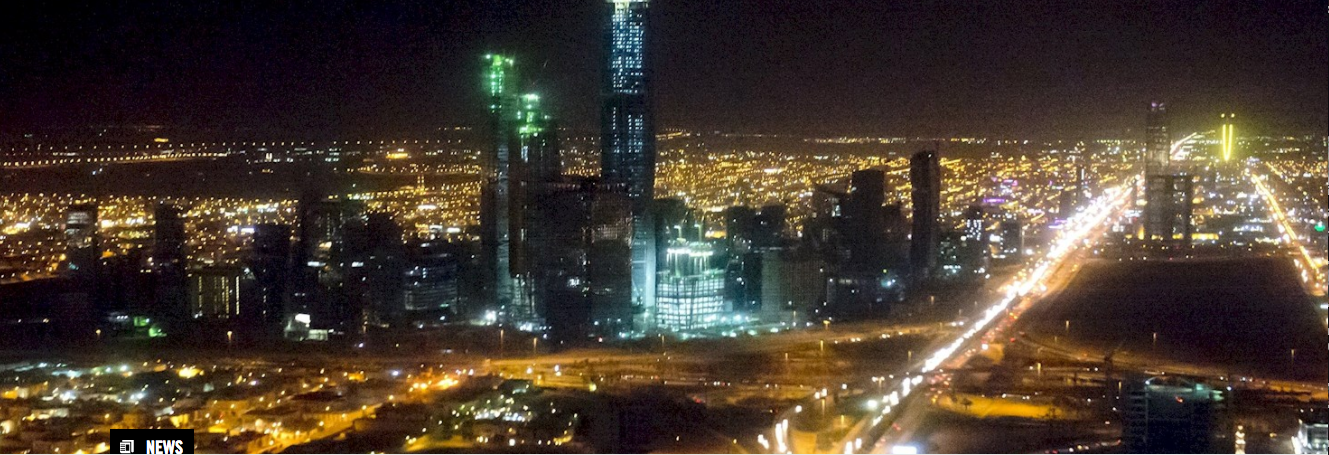The Saudi Arabian authorities must not forcibly return three Sudanese activists to Sudan where there is a real risk they could be imprisoned and face torture and other ill-treatment, said Amnesty International.
Elgassim Seed Ahmed, Elwaleed Imam and Alaa Aldin al-Difana were initially arrested by the Saudi Arabian authorities in December 2016. They appear to have been detained at the request of the Sudanese authorities in relation to posts on social media expressing support for civil disobedience protests in Sudan late last year.
There are serious fears that they could be deported at any time.
“Forcibly deporting these three men back to Sudan where they are likely to face unfair trial, torture and other ill-treatment would be a flagrant violation of Saudi Arabia’s international obligations and a cruel demonstration of their utter disdain for international law,” said Lynn Maalouf, Deputy Director for Research at Amnesty International’s office in Beirut.
“These men are prisoners of conscience – it is outrageous that they have even been arrested and detained in the first place. Instead of sending them back to Sudan where they are likely to be punished for their human rights work and activism, the Saudi Arabian authorities should immediately and unconditionally release them.”
On 9 July Saudi Arabia’s Ministry of Interior told the families of Elgassim and Elwaleed that the two men and their families would be deported within days. They also told Alaa Aldin’s family that he has been transferred from Abha Prison in south-western Saudi Arabia to a prison in the capital, Riyadh, raising fears the authorities are also preparing to deport him soon.
Between November 2016 and February 2017, the Sudan National Intelligence and Security Service (NISS) arrested dozens of opposition political party members and other activists who supported the civil disobedience action in November and December 2016. They were subjected to various methods of torture and other ill-treatment including electric shocks, beatings, whippings, solitary confinement, and severe psychological pressure. This included threats of rape during interrogations. In many cases detained activists were held for weeks or months without being charged with a crime.
Under the principle of non-refoulement all states are prohibited from transferring individuals to a place where they face a real risk of human rights violations. As a state party to the UN Convention Against Torture Saudi Arabia is also prohibited from returning people to states where they would be in danger of being tortured.
All three men have had no access to a lawyer since the time of their arrest. One of them, Elgassim, who has lived in Saudi Arabia since 1998, is the founder of a Facebook group critical of the Sudanese government.
Two of the men, Elgassim and Elwaleed, were held in incommunicado detention until February 2017 and were interrogated at least eight times during that time by agents from Saudi Arabia’s secret police (also known as al-Mabahith). On 5 June they were called for questioning while blindfolded and handcuffed and asked to sign documents stating their finances were clear and to assign a power of attorney to manage their properties in Saudi Arabia. Two days later, Ministry of Interior officials collected their passports from their workplaces, raising fears they are preparing for their deportation to Sudan.
The third man, Alaa Aldin was also interrogated about his support for the civil disobedience protests in Sudan by both the Saudi Arabian and the Sudanese authorities between December 2016 and March 2017. On 6 June he was asked to sign a document signed by his employer stating that no outstanding debts remained on either side.
Background:
Elgassim Seed Ahmed has lived in Saudi Arabia since 1998 and Elwaleed Imam who lived in Saudi Arabia since 2013 both work for a supply company in Riyadh. The two men were arrested by security officials from the Ministry of Interior’s Security Division on 21 December 2016 outside their workplace.
Alaa Aldin al-Difana, who has lived in Saudi Arabia since 2012 worked at a driving school in Mecca. He was arrested separately on 26 December 2016 by four security force officers from the Ministry of Interior.
For more information, please contact Sue Montgomery, media relations for Amnesty International Canada, at 613-744-7667 ext 236 or smontgomery@amnesty.ca






















